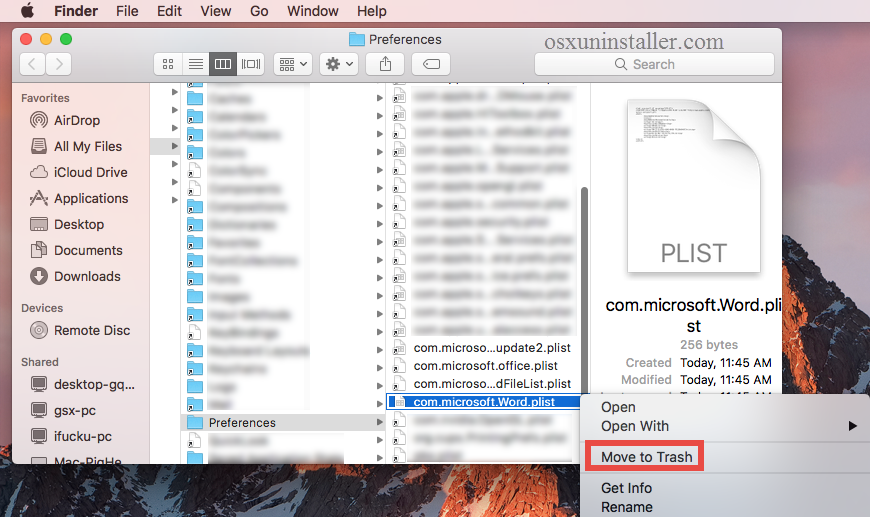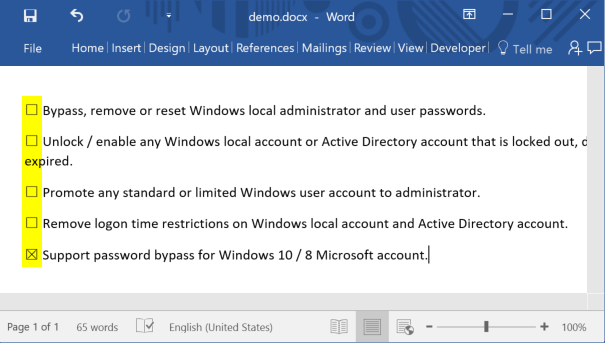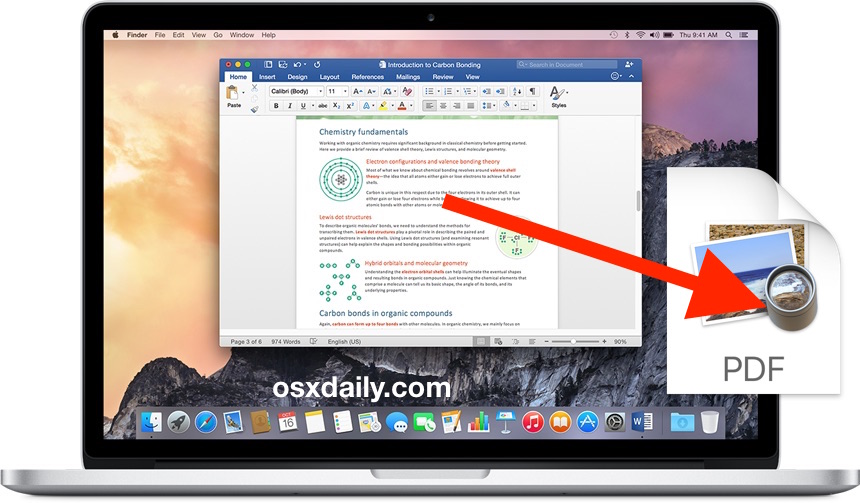
#Word 2016 for mac view single page full#
Apple ID email and full name associated with it.Here’s an overview of each one: Gamed 0-dayĪny app installed from the App Store may access the following data without any prompt from the user: Illusionofchaos shared details on the three other zero-day vulnerabilities that he found which include the “ Gamed 0-day,” “ Nehelper Enumerate Installed Apps 0-day,” and “ Nehelper Wifi Info 0-day” including proof of concept source code. I have waited much longer, up to half a year in one case. My actions are in accordance with responsible disclosure guidelines (Google Project Zero discloses vulnerabilities in 90 days after reporting them to vendor, ZDI – in 120). My request was ignored so I’m doing what I said I would. Ten days ago I asked for an explanation and warned then that I would make my research public if I don’t receive an explanation. Illusionofchaos says he asked Apple again for an explanation including that he would make his research public – in line with responsible disclosure guidelines – and Apple didn’t respond. There were three releases since then and they broke their promise each time. When I confronted them, they apologized, assured me it happened due to a processing issue and promised to list it on the security content page of the next update. I’ve reported four 0-day vulnerabilities this year between March 10 and May 4, as of now three of them are still present in the latest iOS version (15.0) and one was fixed in 14.7, but Apple decided to cover it up and not list it on the security content page. I want to share my frustrating experience participating in Apple Security Bounty program. Security researcher illusionofchaos shared his experience in a blog post including the claim that Apple has known about and is ignoring three zero-day vulnerabilities since March and they are in iOS 15. Meanwhile, another cybersecurity veteran said:īut the way Apple handled this whole process, given that its bug bounty program is more than five years old, “is not normal and should be considered normal,” according to Katie Moussouris, a cybersecurity expert who essentially invented the concept of bug bounties more than 10 years ago while she was at Microsoft.


“While I’m glad Apple appears to be taking this particular situation more seriously now, it comes across as more of a reaction to bad press than anything else,” Nicholas Ptacek, a researcher who works for SecureMac, a cybersecurity company that focuses on Apple computers. Motherboard also asked for more feedback from those in the infosec community: Motherboard verified the email from Apple to Tokarev as legitimate by confirming it came from a server owned by Apple. Please let us know if you have any questions.” Thank you again for taking the time to report these issues to us, we appreciate your assistance.

“We want to let you know that we are still investigating these issues and how we can address them to protect customers. We apologize for the delay in responding to you,” an Apple employee wrote.

“We saw your blog post regarding this issue and your other reports. Reported by Motherboard, here’s what Apple officially responded with, per Tokarev:
#Word 2016 for mac view single page update#
Update 9/27: After sharing his experience publicly, Apple has responded to security researcher illusionofchaos, aka Denis Tokarev. Now another security researcher has shared their experience claiming that Apple didn’t give them credit for one zero-day flaw they reported which was fixed and that there are three more zero-day vulnerabilities in iOS 15. However, the program has seen a good amount of criticism from the infosec community. Apple overhauled its security bounty program back in 2019 by making it open to anyone, increasing payouts, and more.


 0 kommentar(er)
0 kommentar(er)
